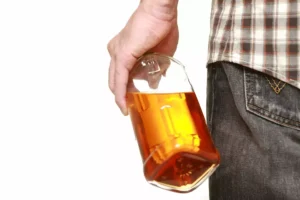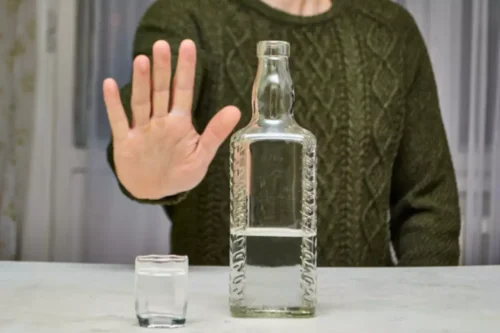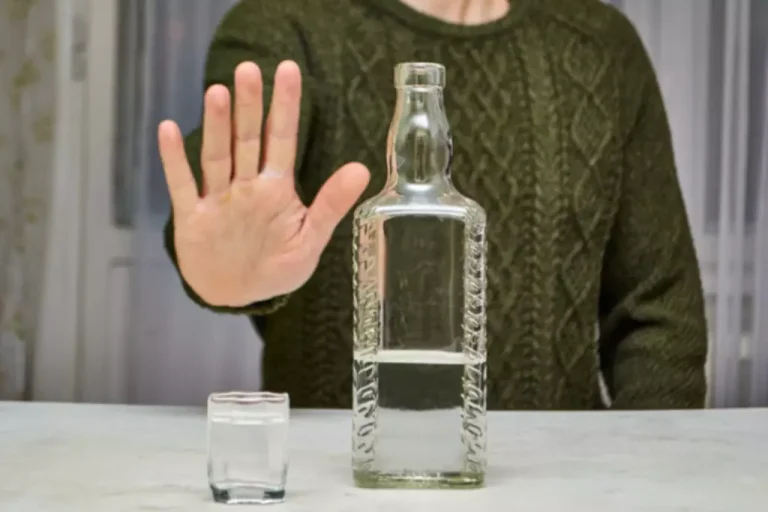
He truly enjoys the satisfaction of helping people drug addiction treatment and their families find the program that will best suite their clinical needs, giving them the best chance at successful outcomes. When somebody who is alcohol dependent stops drinking alcohol, they are likely to experience withdrawal symptoms. In addition to moderating alcohol consumption, staying hydrated and maintaining a cool sleeping environment can also help manage night sweats. Drinking plenty of water throughout the day and keeping the bedroom temperature comfortable and cool can minimize sweating during sleep.

What to Expect During the First 30 Days of Rehab
On the other hand, they can receive intensive treatment while still sustaining a sense of freedom through outpatient programs. Besides medical issues, the rehabilitation component deals with the mind as part of an addiction. It teaches individuals the appropriate coping skills and enables the sustained remission or recovery process. Rehabilitative medicine is important because it targets the underlying causes of alcohol dependency, enabling you to withdraw while catering to your need to stay sober. Chronic alcohol intake always leads to dehydration and electrolyte imbalance and must be addressed during the withdrawal process.

Seeking Medical Assistance
Once you understand the relationship between alcohol, excessive sweating, and hyperhidrosis, you are on your way to finding a better way to manage those potentially embarrassing nights out. Staying well-hydrated can help regulate body temperature, potentially reducing the intensity of alcohol-induced sweating. Try to drink at least one glass of water for every alcoholic drink you enjoy. Alcohol is known to stimulate the nervous system and increase heart rate, which creates a potential trigger for alcohol and excessive sweating the body’s natural cooling mechanism—sweating.
How to address denial in addiction treatment
However, this initial warmth can be followed by a drop in body temperature. Long-term heavy drinking can also lead to increased blood pressure, which prompts the body to release stress hormones that narrow blood vessels 2. Many drugs can make you sweat, such as amphetamines, cocaine, MDMA (ecstasy), and marijuana.
- Rachel brings extensive experience in customer care and service to the team at Alina Lodge.
- Unlike regular sweating, night sweats are often intense and can disrupt your rest, leaving you feeling exhausted the next day.
- For those experiencing night sweats and other symptoms related to alcohol consumption, it may be a sign of underlying health issues.
- When alcohol intake stops abruptly, the brain floods with stress hormones like norepinephrine, activating the fight-or-flight response and causing symptoms like shakiness, anxiety and profuse sweating.
- Anxiety resulting from alcohol withdrawal could be mild or extremely bad, depending on whether it is a normal unease or a panic attack.
- ‘ from types, symptoms, impacts on health, to available help and resources.
- While it is rare for an alcohol intolerance to be fatal, symptoms can be very unpleasant.
- One reason behind experiencing night sweats after drinking alcohol is due to alcohol withdrawal.
- It must be noted that the victory over alcohol abuse and intoxication usually does not imply a return to drinking after recovery.
- Higher alcohol concentrations are more likely to trigger excessive sweating.
However, there’s a notable link between alcohol consumption and night sweats that many people may not be aware of. Experiencing night sweats as a result of alcohol consumption can be uncomfortable and disruptive. There are effective strategies to manage these symptoms, including lifestyle adjustments and attention to hydration and environmental factors.

Connection to Alcohol Withdrawal
- Gerry began his career with Alina Lodge in September of 1983 and most recently served as Clinical Director.
- When we drink alcohol, our heart rate increases and a process called vasodilation widens our blood vessels.
- For those needing assistance with alcohol-related issues, it’s important to consider reaching out to Resolute Recovery, a leading addiction and alcohol rehab center in Massachusetts.
- In addition to dehydration, alcohol use can also lead to changes in our body’s hormones and neurotransmitters, which can impact our sleep patterns and contribute to sweating at night after drinking.
However, the sweating process is a visible sign of your body working to restore balance after alcohol consumption. When we consume alcohol, it affects the hypothalamus, a region in the brain responsible for regulating body temperature. Alcohol can cause the hypothalamus to misinterpret the body’s temperature, leading to inappropriate responses. This disruption can cause the body to believe it’s overheating, triggering the sweating response as a cooling mechanism, even when it’s not necessary. If you’re experiencing excessive sweating and you’re taking one or more medications, it’s important to talk to your doctor. Your doctor can review your medication list and determine if any of them could be causing your sweating.

